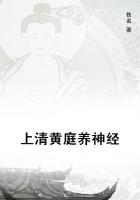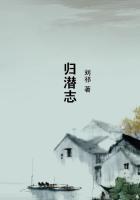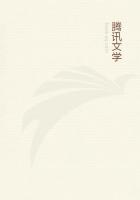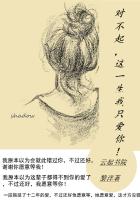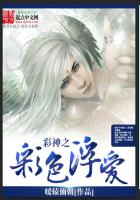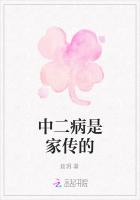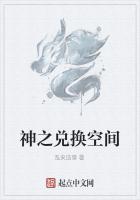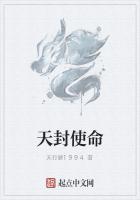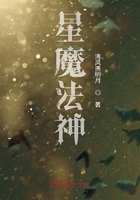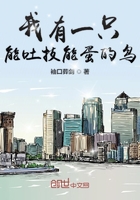"So build we up the being that we are, Thus deeply drinking in the soul of things, We shall be wise perforce." WORDSWORTH.
"The millstreams that turn the clappers of the world arise in solitary places."--HELPS.
"In the course of a conversation with Madame Campan, Napoleon Buonaparte remarked: 'The old systems of instruction seem to be worth nothing; what is yet wanting in order that the people should be properly educated?' 'MOTHERS,' replied Madame Campan. The reply struck the Emperor. 'Yes!' said he 'here is a system of education in one word. Be it your care, then, to train up mothers who shall know how to educate their children.'"--AIME MARTIN.
"Lord! with what care hast Thou begirt us round!
Parents first season us. Then schoolmasters Deliver us to laws. They send us bound To rules of reason."--GEORGE HERBERT.
HOME is the first and most important school of character. It is there that every human being receives his best moral training, or his worst; for it is there that he imbibes those principles of conduct which endure through manhood, and cease only with life.
It is a common saying that "Manners make the man;" and there is a second, that "Mind makes the man;" but truer than either is a third, that "Home makes the man." For the home-training includes not only manners and mind, but character. It is mainly in the home that the heart is opened, the habits are formed, the intellect is awakened, and character moulded for good or for evil.
From that source, be it pure or impure, issue the principles and maxims that govern society. Law itself is but the reflex of homes. The tiniest bits of opinion sown in the minds of children in private life afterwards issue forth to the world, and become its public opinion; for nations are gathered out of nurseries, and they who hold the leading-strings of children may even exercise a greater power than those who wield the reins of government. (1)It is in the order of nature that domestic life should be preparatory to social, and that the mind and character should first be formed in the home. There the individuals who afterwards form society are dealt with in detail, and fashioned one by one.
From the family they enter life, and advance from boyhood to citizenship. Thus the home may be regarded as the most influential school of civilisation. For, after all, civilisation mainly resolves itself into a question of individual training; and according as the respective members of society are well or ill-trained in youth, so will the community which they constitute be more or less humanised and civilised.
The training of any man, even the wisest, cannot fail to be powerfully influenced by the moral surroundings of his early years. He comes into the world helpless, and absolutely dependent upon those about him for nurture and culture. From the very first breath that he draws, his education begins. When a mother once asked a clergyman when she should begin the education of her child, then four years old, he replied: "Madam, if you have not begun already, you have lost those four years. From the first smile that gleams upon an infant's cheek, your opportunity begins."But even in this case the education had already begun; for the child learns by ****** imitation, without effort, almost through the pores of the skin. "A figtree looking on a figtree becometh fruitful," says the Arabian proverb. And so it is with children;their first great instructor is example.
However apparently trivial the influences which contribute to form the character of the child, they endure through life. The child's character is the nucleus of the man's; all after-education is but superposition; the form of the crystal remains the same. Thus the saying of the poet holds true in a large degree, "The child is father of the man;" or, as Milton puts it, "The childhood shows the man, as morning shows the day." Those impulses to conduct which last the longest and are rooted the deepest, always have their origin near our birth. It is then that the germs of virtues or vices, of feelings or sentiments, are first implanted which determine the character for life.
The child is, as it were, laid at the gate of a new world, and opens his eyes upon things all of which are full of novelty and wonderment. At first it is enough for him to gaze; but by-and-by he begins to see, to observe, to compare, to learn, to store up impressions and ideas; and under wise guidance the progress which he makes is really wonderful. Lord Brougham has observed that between the ages of eighteen and thirty months, a child learns more of the material world, of his own powers, of the nature of other bodies, and even of his own mind and other minds, than he acquires in all the rest of his life. The knowledge which a child accumulates, and the ideas generated in his mind, during this period, are so important, that if we could imagine them to be afterwards obliterated, all the learning of a senior wrangler at Cambridge, or a first-classman at Oxford, would be as nothing to it, and would literally not enable its object to prolong his existence for a week.
It is in childhood that the mind is most open to impressions, and ready to be kindled by the first spark that falls into it. Ideas are then caught quickly and live lastingly. Thus Scott is said to have received, his first bent towards ballad literature from his mother's and grandmother's recitations in his hearing long before he himself had learned to read. Childhood is like a mirror, which reflects in after-life the images first presented to it. The first thing continues for ever with the child. The first joy, the first sorrow, the first success, the first failure, the first achievement, the first misadventure, paint the foreground of his life.

